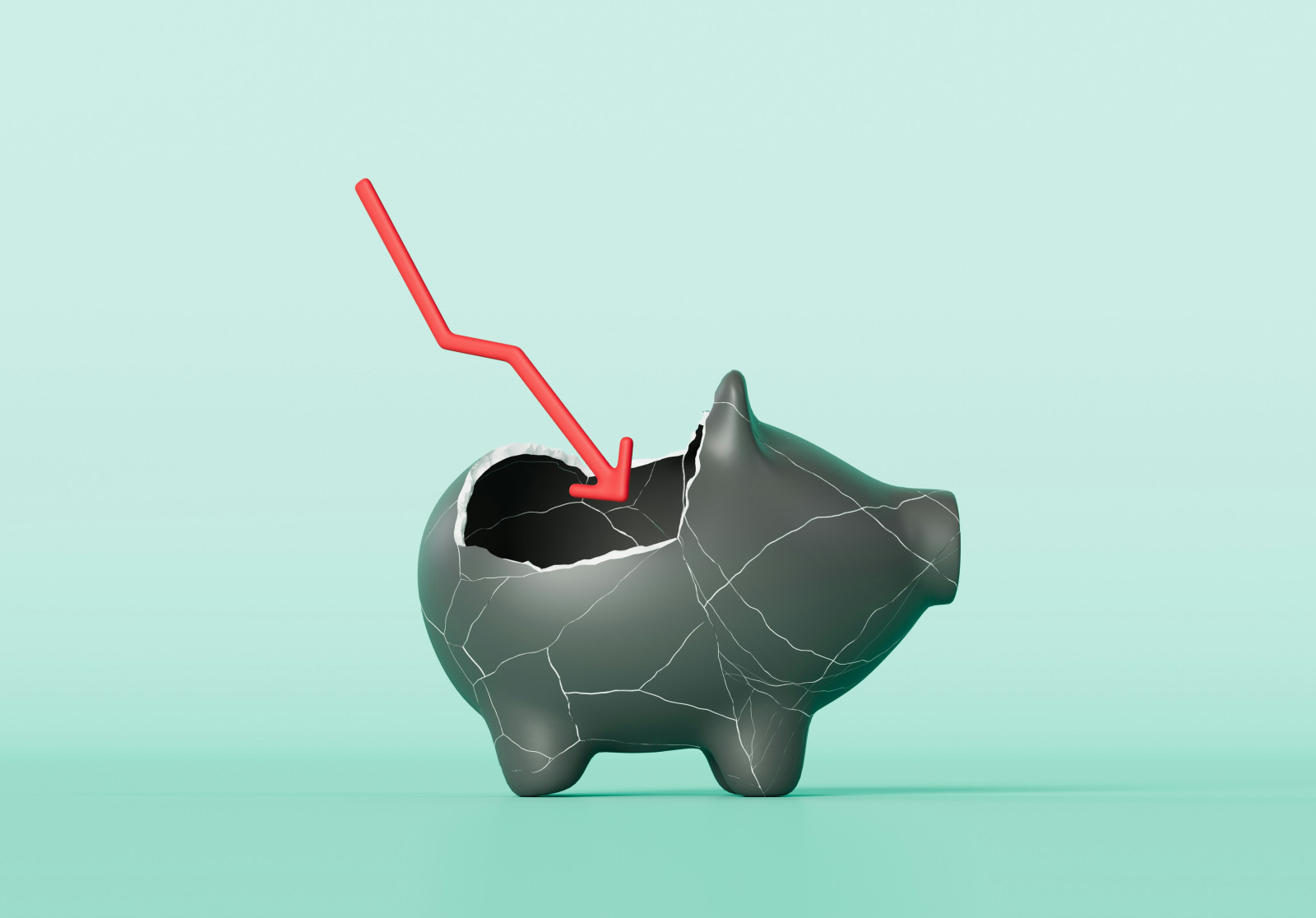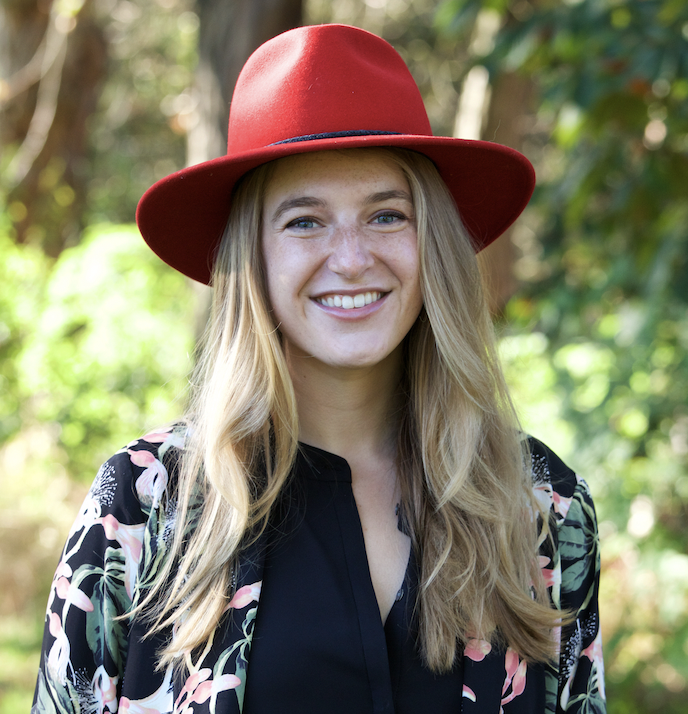Spotify’s Q2 podcast financials: Things may get worse before they get better

Photo: Planet Volumes

Spotify’s Q2 earnings are a mixed bag for its podcast business. On one hand, monthly active users (MAUs) grew to 551 million, with 10 million new premium subscribers (bringing that total to 220 million), while podcast advertising revenue rose by 30% year-over-year. This marked Spotify’s best quarter ever for subscriber additions. But growth is led by new users in emerging markets, which will drag down average revenue per user (ARPU). Moreover, Spotify fell short of revenue estimates and suffered a net loss of €302 million and a decrease in its gross margin — 24.1%, compared to 25.2% in Q1. Losses stemmed from podcast programming cuts (most recently, Prince Harry and Meghan Markle’s), severance costs related to recent layoffs, and excess real estate (the company plans to sublease its New York offices as a result).
Spotify spent the past several years undertaking an aggressive podcast growth strategy full of experimentation. Now, under amplified pressure to show investors a path to profitability, the company aims to reduce costs and streamline its podcast division. As these earnings reflect, it will take time for those measures to have a positive impact. However, in the long run, these changes may leave Spotify better equipped to focus on the right podcast deals and update its consumer experience to expand listenership. In other words, things may have needed to get worse before they get better.
Charting a different content course
While Spotify CEO Daniel Ek admits to overpaying for podcast content in the past, he explained during the earnings call that the company was in “a different climate” with “very little data to back up our decisions”. Now that Spotify has built out its podcast catalogue with five million shows, the company is able to better understand user behaviour and show performance. “Now we have a lot more data and not surprisingly, what we are finding is that some of these shows work really well and some don’t work well,” he said. “We’re retaining some deals, doubling down on others, and stepping out of other relationships that didn’t work”.
Part of this re-thinking includes rolling back its exclusive deals with some of its Gimlet shows, and Emma Chamberlain's podcast, Anything Goes. Foregoing an exclusivity clause brings down the cost of Spotify’s deals with high-profile talents, like its latest podcast with Trevor Noah, which will be widely released. Moreover, now that Spotify has achieved its position as a top podcast platform, exclusives are no longer as essential for driving user growth.
Featured Report
MIDiA Research 2026 predictions Change is the constant
Welcome to the 11th edition of MIDiA’s annual predictions report. The world has changed a lot since our inaugural 2016 edition. The core predictions in that report (video will eat the world, messaging apps will accelerate) are now foundational layers of today’s digital economy.
Find out more…Nonetheless, exclusive shows, like The Joe Rogan Experience and Alex Cooper’s Call Her Daddy, are arguably most essential in Spotify's podcast strategy. Ek even credited Call Her Daddy for boosting younger female audiences. Both Rogan and Cooper’s contracts are set to expire in 2024 and their renewals could be even more expensive this time around. Ek’s new strategy is not necessarily about cutting out spending on high-profile podcasts altogether, but making more informed decisions about when and where spend makes sense. So, the company could very well decide that Rogan and Cooper are worth their presumably high price tags.
Expanding the user experience
As a next step, podcast discoverability is crucial for Spotify to grow its podcast listener base and increase its advertising appeal, especially as the company shifts focus to empowering more independent creators (whose content is cheaper to host).
The fact that Spotify now hosts five million podcasts only makes the discoverability problem harder to solve, but the company has taken recent measures to help creators cut through. For example, Spotify’s recent mobile Home Page update features separate menus for podcasts and audiobooks that play episode clips. This bite-sized podcast content is crucial to discovery, especially as Spotify CFO Paul Vogel notes that trying a new podcast is a bigger commitment for new listeners (compared to, say, sampling a two-minute song). The company is exploring how AI can help further lower the barriers to entry for listenership. Moreover, some podcast episodes now feature polls and Q&As to spark listener engagement.
Spotify’s complicated foray into audiobooks was not mentioned in the Q2 earnings, and users still must purchase them on Spotify’s website instead of the app itself. Neither podcasts or audiobooks are an overnight success, and it will take time for Spotify’s new strategies to impact their bottom line. But as investors grow impatient, the clock is ticking.
The discussion around this post has not yet got started, be the first to add an opinion.